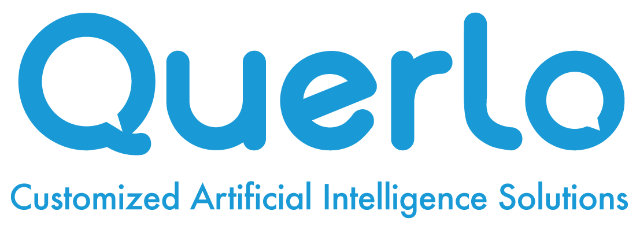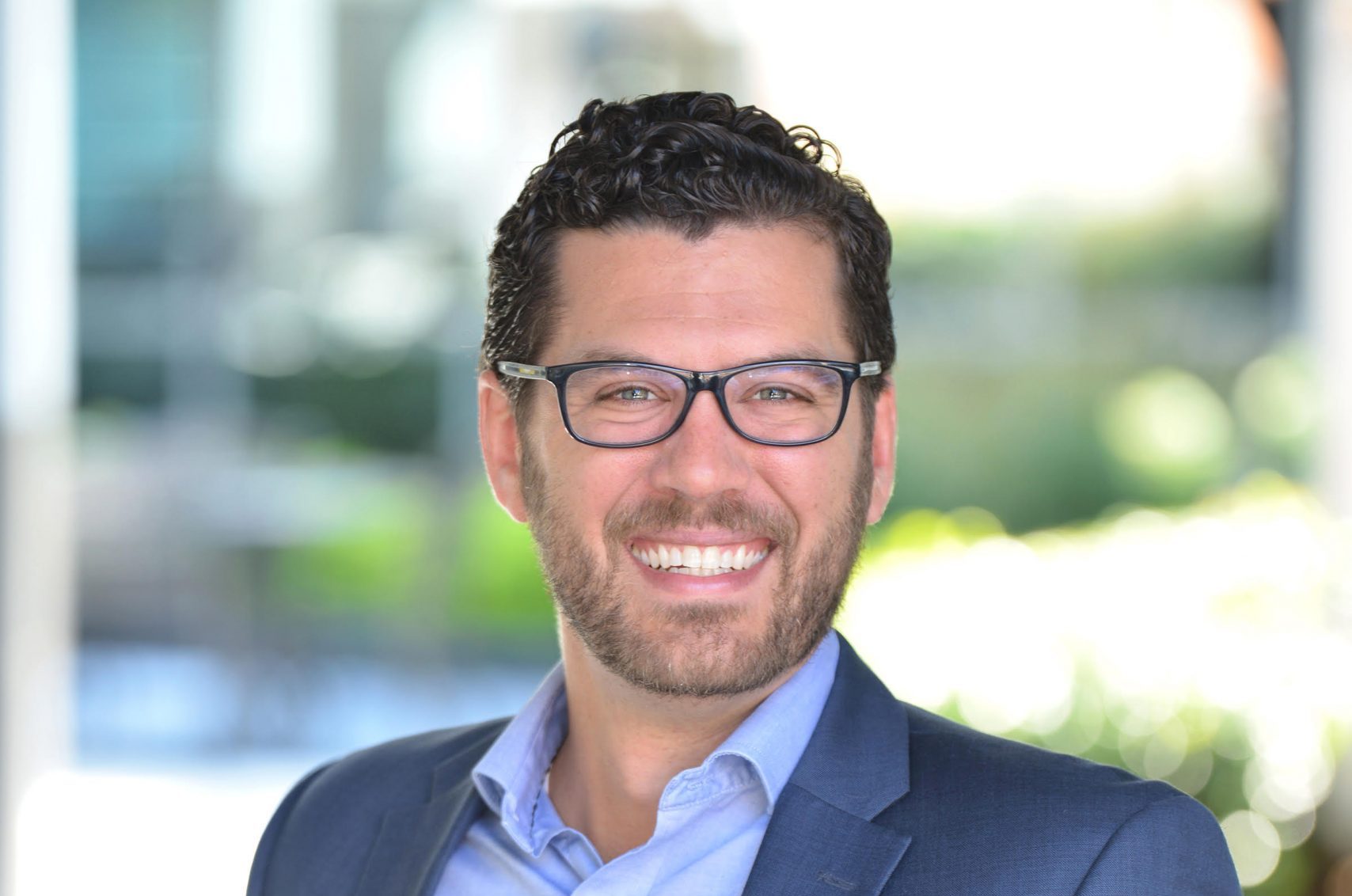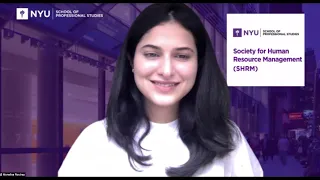What challenges will companies and organizations face as we transition into the post-COVID era? What role can Artificial Intelligence play in overcoming or minimizing those challenges? On Thursday, May 28, Francesco Rulli, CEO of Querlo, discussed these questions with Timothy Visconti, founder and CEO of PeopleLift.
As Timothy explained in their conversation, PeopleLift is an employee experience management consulting company. They aim to solve three key problems most CEOs and organizations will likely face at some point in their careers: how to engage, retain, and attract employees who possess the top level of talent. Combined, the PeopleLift team has over 35 years of experience working in this field that they are using the bring “awesome solutions to the marketplace,” as stated my Timothy.
When posed with the first question, what challenges will companies and organizations face as we transition into the post-COVID era, Timothy stated that he believes there will be many challenges, specifically surrounding getting startups and small companies to grow because unemployment rates are so high now. However, the level at which these companies will face these struggles will depend on whether or not they were prepared to transition to a primarily digital work model during this time. Timothy believes that the companies that were prepared are going to be immensely accelerated—they will have less time and less money to accomplish their goals, and as a result, everything will need to be done quickly and efficiently. On the other hand, companies that were not prepared for the digital transformation are going to, unfortunately, be left behind.
Timothy’s response to the second question was also very interesting and introduced the opportunity for hope in our future. Posed with the question of what role AI will be able to play in overcoming certain post-COVID challenges, Timothy strongly suspects that AI, particularly with machine learning and voice-like features, is going to radically change how every aspect of talent operations will operate. AI has the ability to provide a significant reduction in high-volume written and paperwork necessities, along with many other capacity-enhancing features. One-on-one meetings will be able to be more personalized because people won’t need to spend as much time doing redundant, time-consuming tasks. Additionally, people will be able to focus on their actual work experience rather than just wanting to “get the job done”. AI can give smaller organizations greater access to the marketplace, which will also induce a necessary boost to AI companies in the small business sector as more small businesses will begin to invest in more AI technologies. Overall, Timothy stated that these changes will be “for the betterment of humanity”.
However, Timothy points out that his perspective on this question is shaped by the fact that 85% of his business is run through AI-based programs. He also recognizes that there are downsides to the shift toward AI systems. For example, there will be job eliminations, as well as job restructurings. Nevertheless, just as there have been at each point in history when a new type of technology was introduced, there will be “different verticals that are spun up to support it and accelerate it”. Timothy states that it is on people leaders to drive additional educational and transitional opportunities so “the workforce of tomorrow is prepared for that automation wave.”
To reach out to Timothy Visconti for more information on his perspective or about his company, you can reach him through his website, www.peoplelift.com, or through twitter @lift_people.




